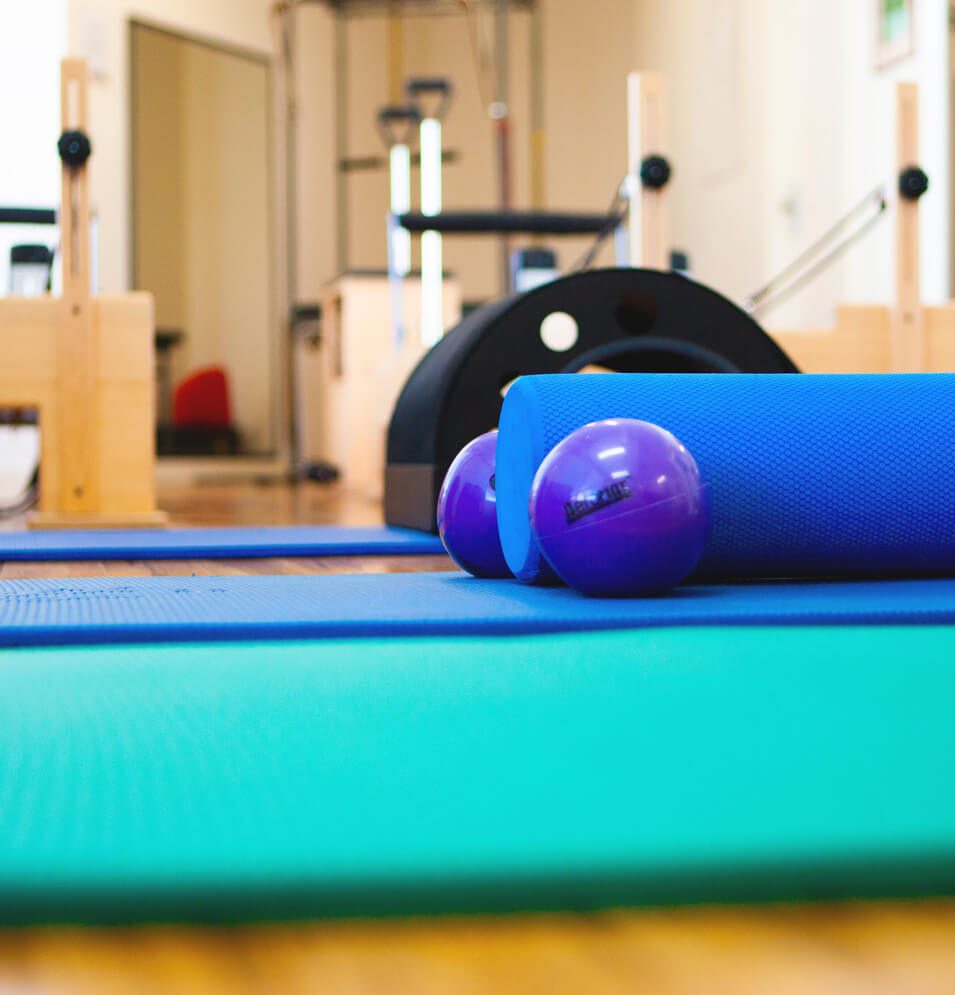Pregnancy is a time of great change within a person’s body, and can lead to many feelings of uncertainty, particularly as the baby grows and the bodily changes become more apparent.
As the uterus enlarges and the abdominal muscles are lengthened, a common result is a widening of the gap in between the two rectus abdominal muscles, which run vertically from the bottom of the ribs to the pubic bone. This is known as a rectus abdominis diastasis, or simply diastasis, which is very common and is considered a normal adaptation to pregnancy.
Assessment by a continence and pelvic health physiotherapist will allow for advice on any concerns you may have regarding diastasis and the physiotherapist will be able to offer guidance around exercise both during and after pregnancy.
During pregnancy, the effects of pregnancy hormones, along with extra pressure on the pelvic floor muscles, may mean they don’t work quite as well as they should, possibly resulting in changes in bladder and bowel function such as incontinence and reduced support of the pelvic organs, which may manifest as a pelvic organ prolapse.
Pelvic floor muscle training is recommended during pregnancy, and an assessment of the pelvic floor muscles by a continence and pelvic health physiotherapist will allow for an individualised exercise program.
Note that some people will need to focus on improving muscle strength and coordination, whereas for others, the focus may be on learning how to relax the muscles following a contraction.
It can be difficult to determine which should be your focus without an individualised assessment.
The physiotherapist will also give guidance around appropriate lifestyle factors for optimal bladder, bowel and pelvic health.
See our page on considerations for exercise during pregnancy for further information.

